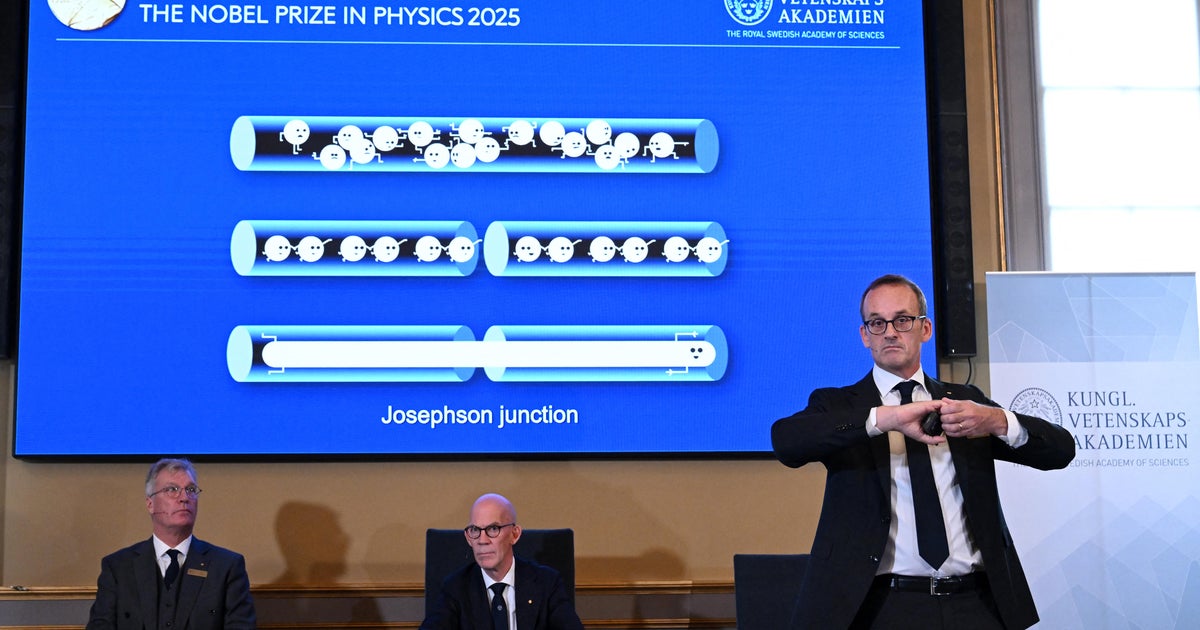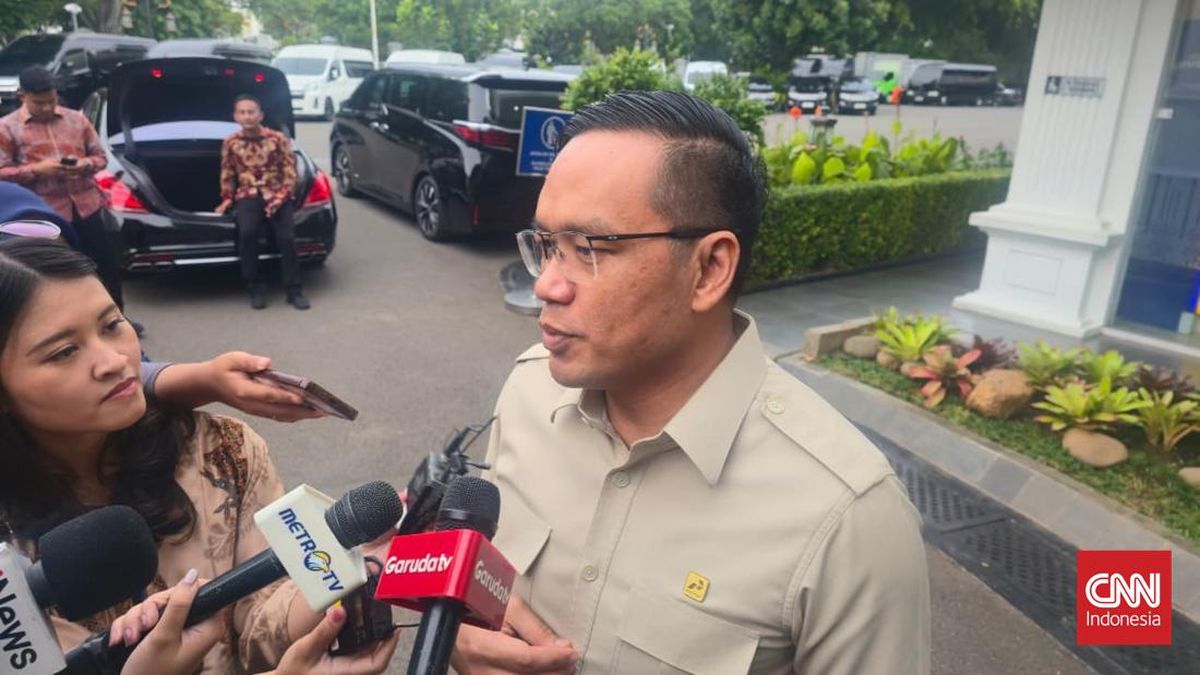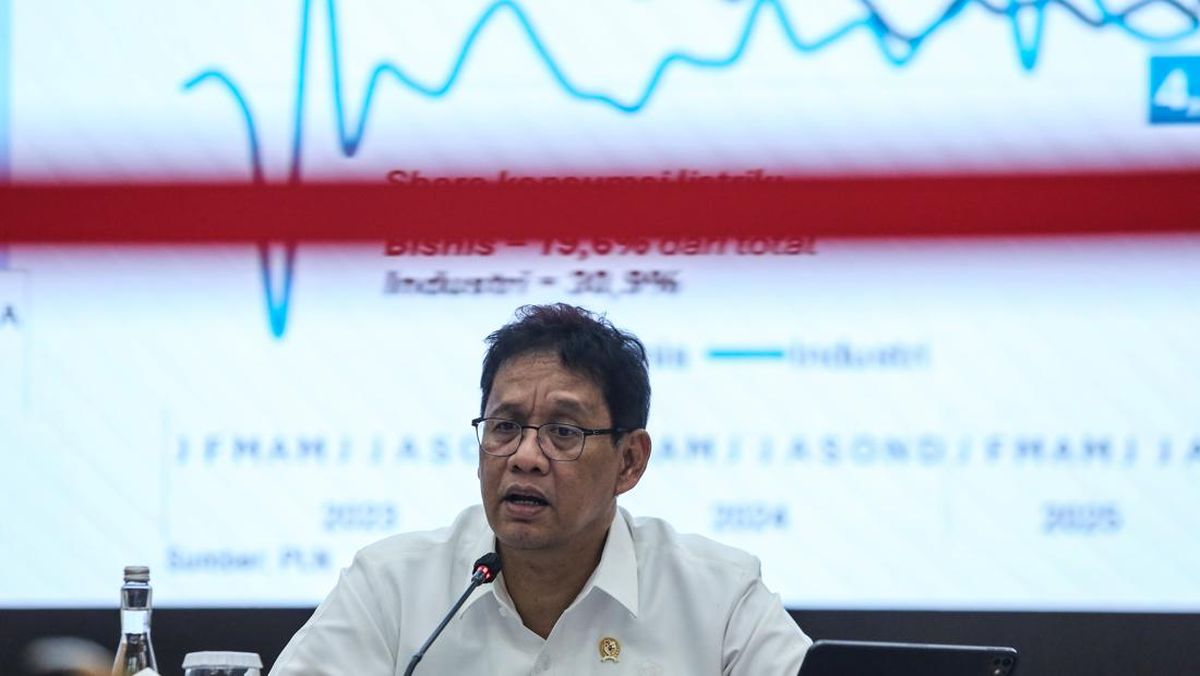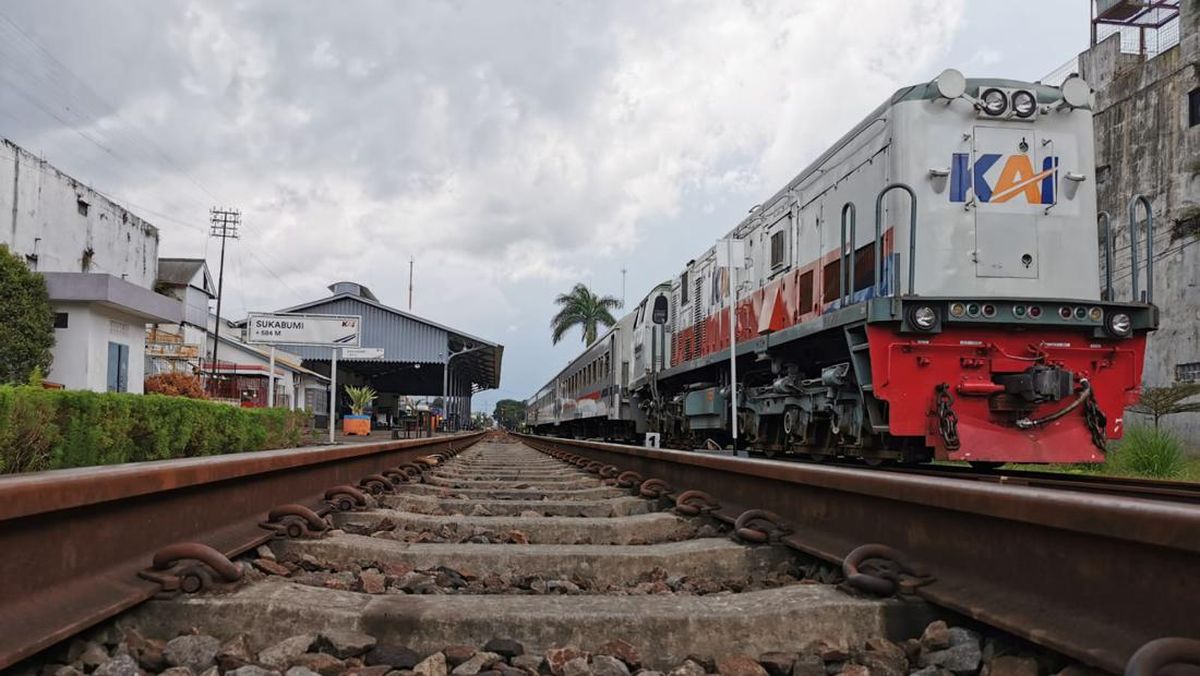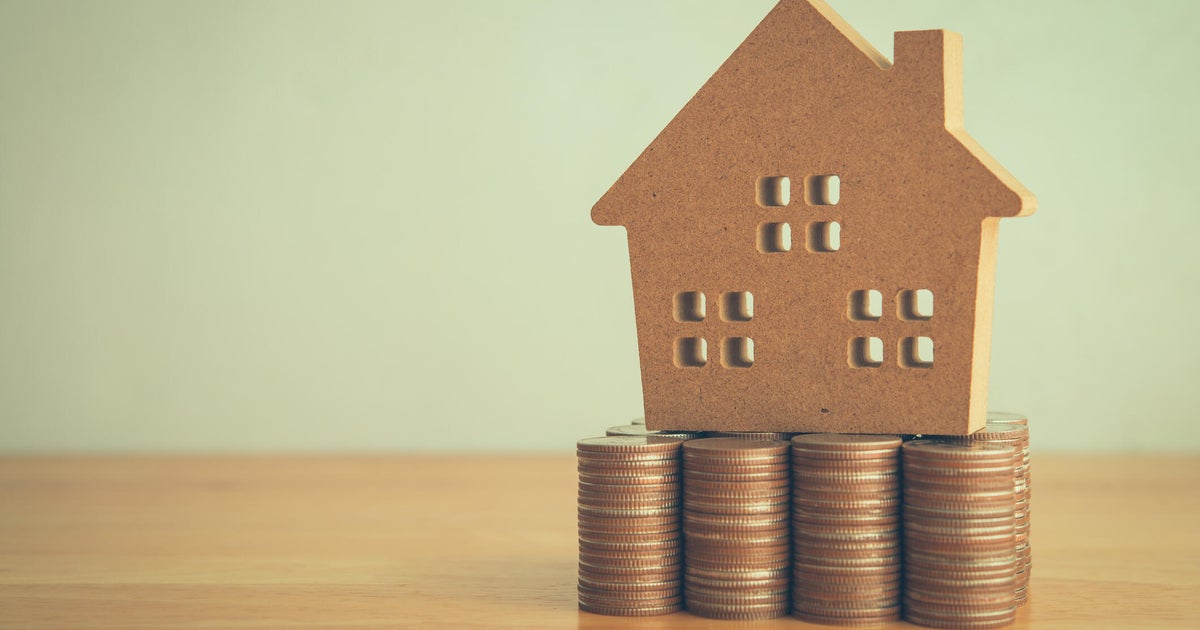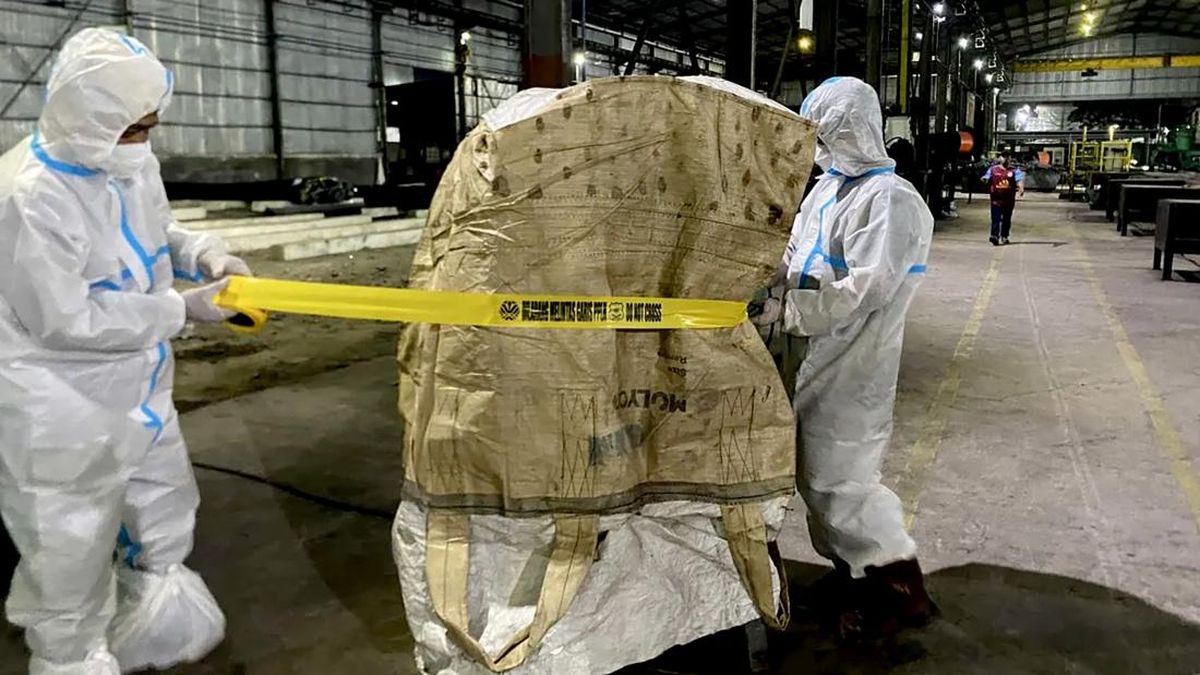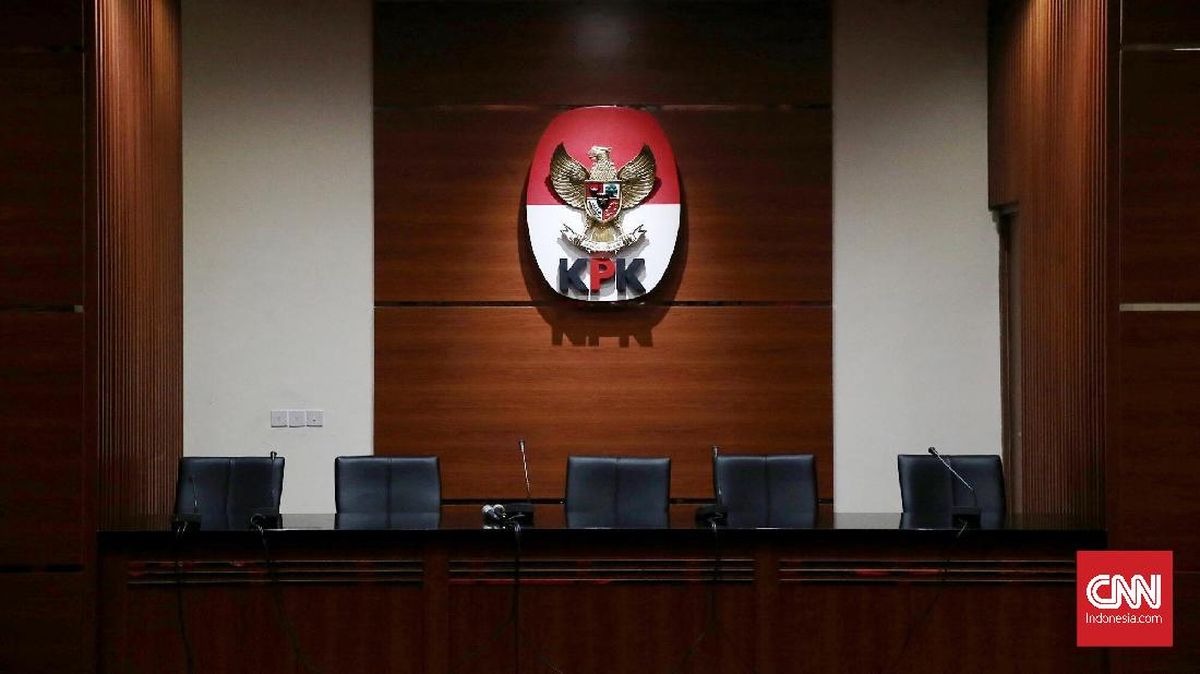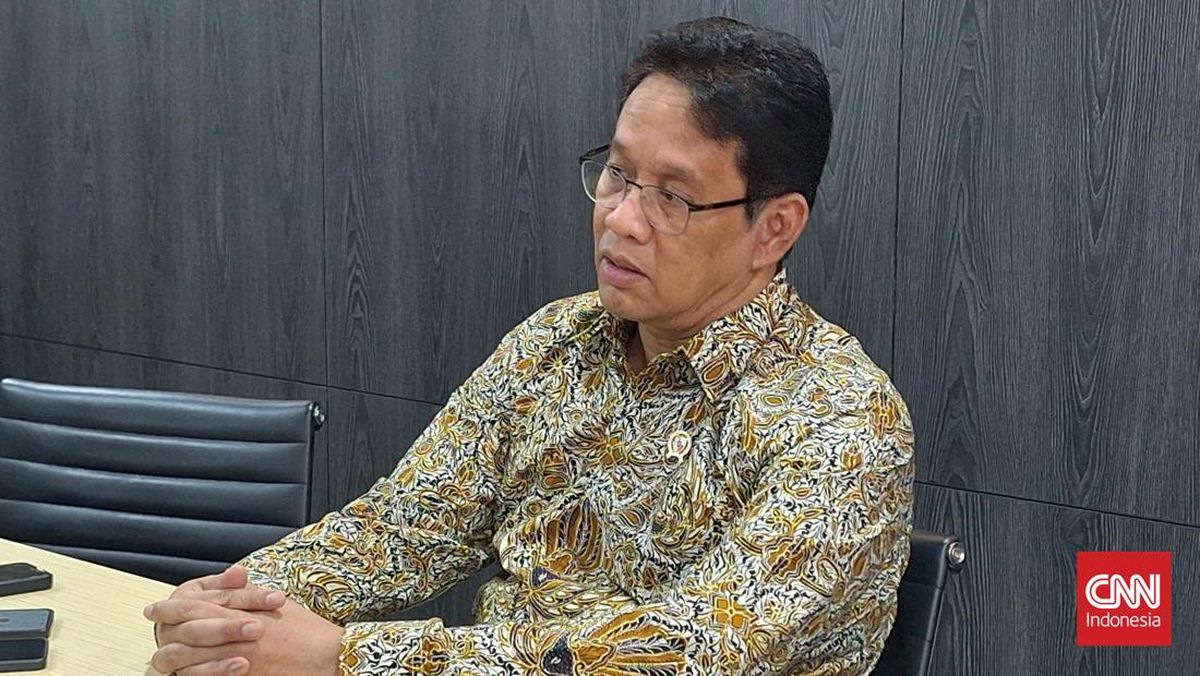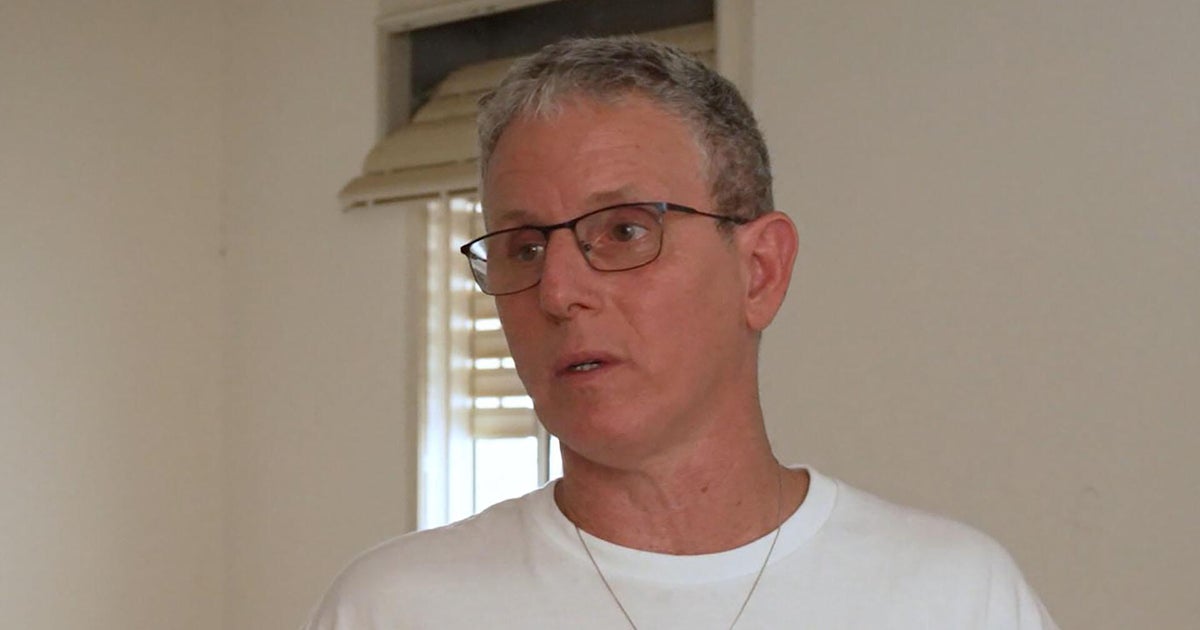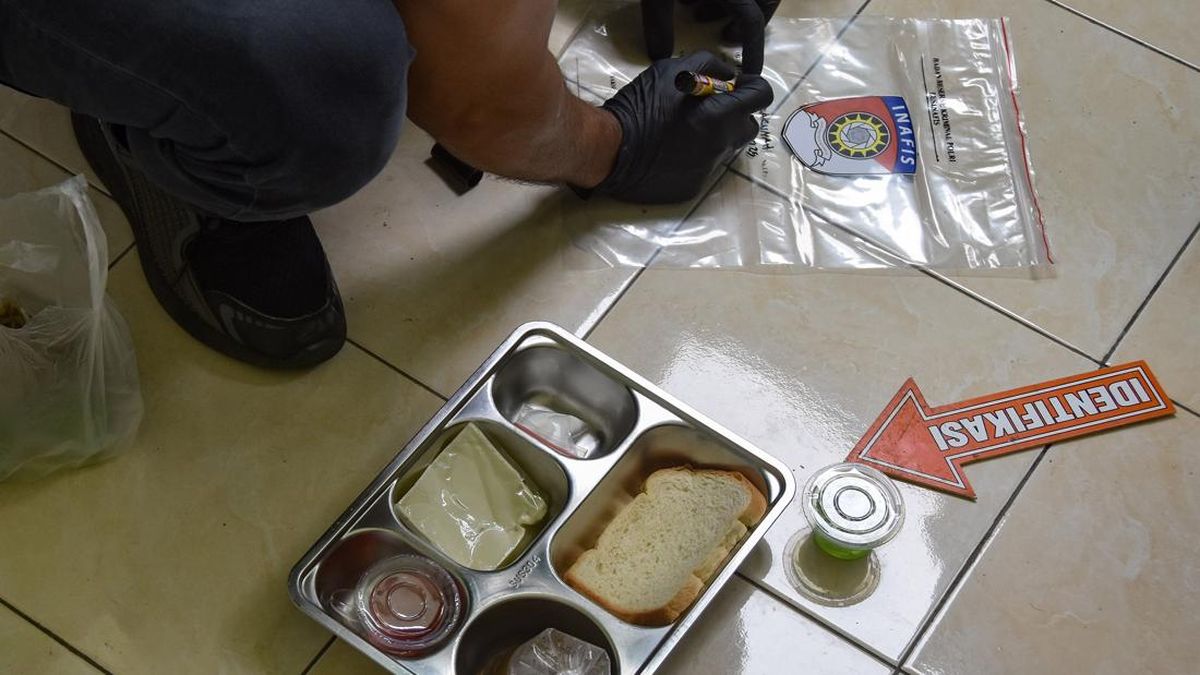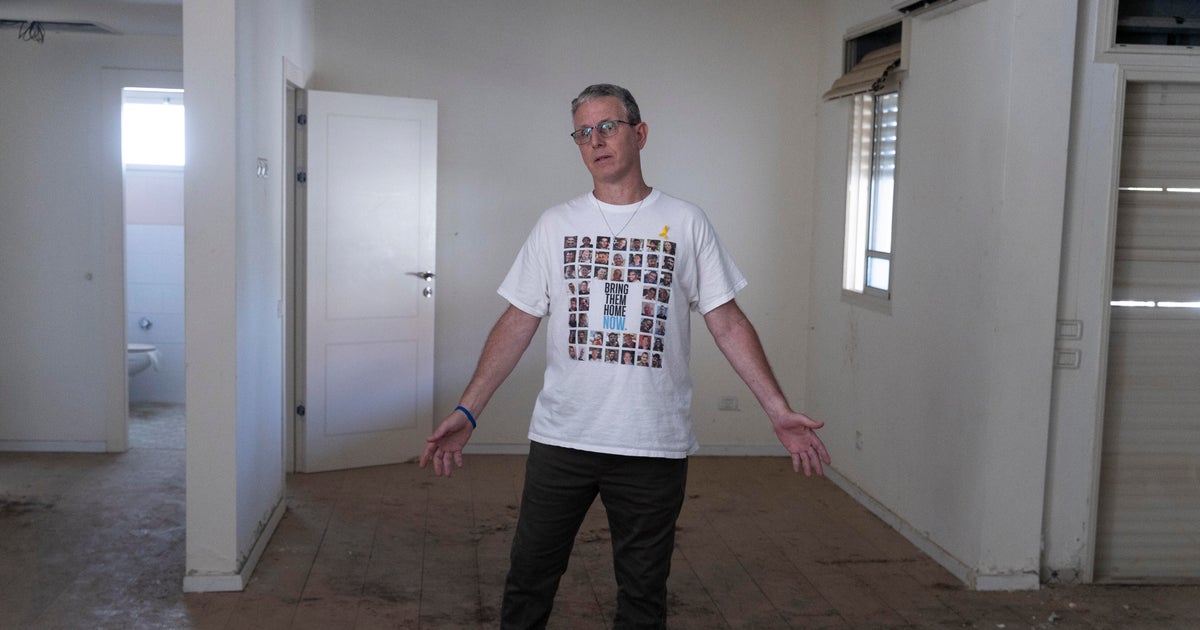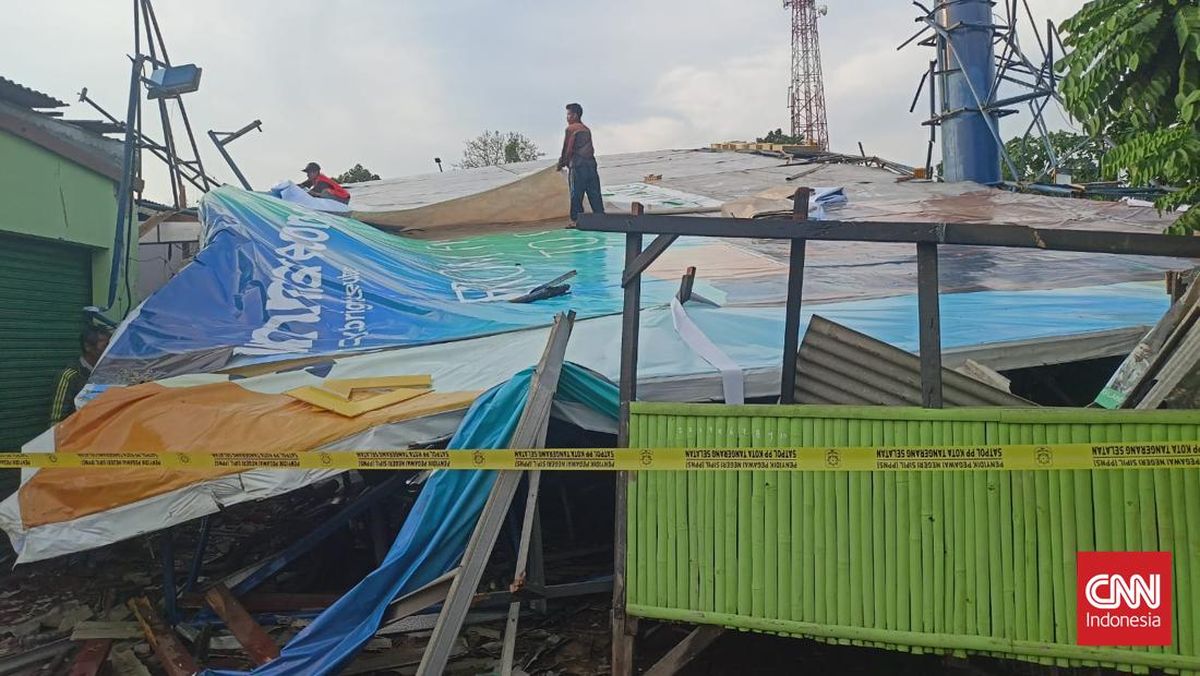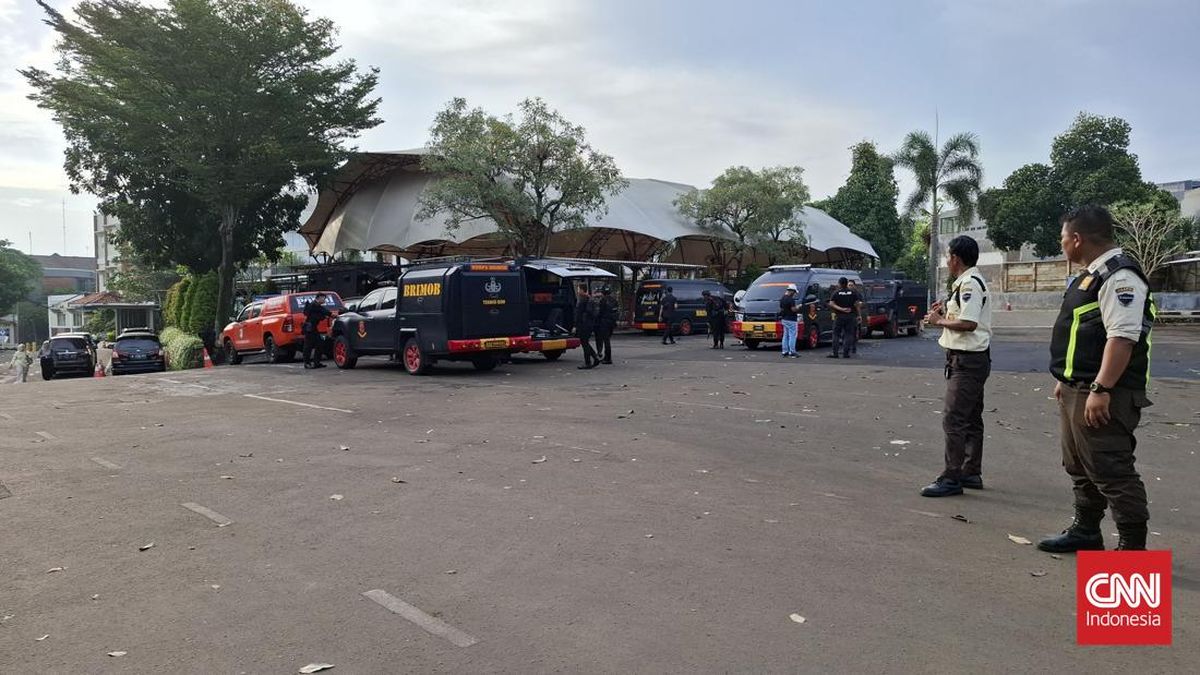Australia’s anti-dumping watchdog has been ordered to work with the country’s intelligence agency to beef up its patrolling of illegal trade practices threatening smelters, steel production, critical minerals firms and the net zero transition amid rising trade tensions with China.
The move comes as mining giant BHP is locked in a stand-off with China’s state-owned iron ore trader which is trying to gain pricing power over Australian firms, putting at risk $100 billion worth of trade and spotlighting the interventionist trade practices increasingly used across the globe.

Industry Minister Tim Ayres.Credit: Alex Ellinghausen
Industry Minister Tim Ayres today wrote to the Anti-Dumping Commission, which polices foreign efforts to undermine Australian industry by selling artificially cheap products here, with a fresh ministerial statement of expectations.
“The geostrategic environment you operate in has changed rapidly,” Ayres warned. Foreign tariffs, quotas and excess production were altering trade patterns and risking damaging competitive Australian companies,” Ayres wrote in the letter seen by this masthead.
“Our strategic and critical minerals producers; vital copper, steel and aluminium smelters; and
diverse value-added fabrication industries must all be able to operate on a level playing field
with imported goods,” Ayres wrote.
Loading
The Anti-Dumping Commission is conducting 23 probes into items sold at unfairly low prices – including steel and aluminium – 15 of which are from China as the superpower ploughs huge money into geopolitically important sectors to outcompete the US. Unions and firms, such as BlueScope, have expressed worry that China would react to US tariffs by dumping into countries like Australia.
The government shifted the job of probing cheap imports from the free-market Productivity Commission to the more protectionist anti-dumping commission in July.
Former Labor leader Kim Beazley warned last week that China-driven gluts in the copper sector was pushing Australian smelters, such as Glencore’s in Mt Isa, to the brink, proving what Beazley said was China’s destructive effect on Australian heavy industries.
“These initiatives will span our economy from critical mineral extraction, supporting the transition of metals and heavy industries to net zero, and providing a future for advanced manufacturing in this country,” Ayres’ letter said.
Ayres, a former manufacturing union official, has authorised a $5 million funding boost to the commission and demanded speedier probes into allegedly dumped items.
Loading
Ayres and Treasurer Jim Chalmers are grappling with demands from smelters – some of which may not be competitive even without competition from China – for bailouts at a time when the federal budget is facing headwinds from social and defence spending.
The government is pushing on with Labor’s $23 billion Future Made in Australia program that aims to turbocharge strategic green sectors. Critics have argued the fund is wasting money by backing firms in areas like solar panels dominated by China, but the government believes old-school industry policy has new-found significance as the US, Europe, Japan and other like-minded nations respond to China’s manufacturing dominance through a new wave of subsidies.
China’s steel industry, like many that Beijing considers strategic, has been overproducing for years, triggering a lack of profitability and adding to global trade friction. However, Chinese President Xi Jinping has been trying to pull back on so-called “involution”: deflationary price wars in strategic sectors such as steel and EVs that risk Chinese growth.
Australia imported iron and steel products worth from China totalled $3.34 billion from China in 2024.
Much of the iron ore used to produce that steel came from Australian firms such as BHP, which is locked in a dispute with China’s state-controlled iron ore trader as it tries to curb miners’ power to set prices. Its moves have included reportedly instructing Chinese firms not to buy iron ore from BHP, though ships carrying the company’s products are still departing for Chinese ports.
Prime Minister Anthony Albanese said this week he was concerned about reports of a purchase ban but characterised the dispute as a pricing issue.
“Sometimes when people are negotiating over price, sometimes these things will occur,” Albanese said. “I want to see this resolved quickly.”
Iron ore trade to China is worth more than $100 billion a year and helps prop up the federal budget. Investment bank UBS estimates BHP ships 85 per cent of its iron ore to China, up from 73 per cent a decade ago, while about 80 per cent Rio Tinto’s China.
This masthead reported on Tuesday that Australia was throwing its weight behind a global WTO crackdown on oversupply of goods such as EVs amid heightened alarm that China’s control of about 40 per cent of global manufacturing would threaten Western competitors and hand Beijing coercive power in key sectors.
The government’s focus on EV oversupply prompted the Climate Change Authority’s Matt Kean to push back and spruik the benefit of cheap EVs to reaching Australia’s climate targets, highlighting the range of competing imperatives at play when dealing with China on trade.
Cut through the noise of federal politics with news, views and expert analysis. Subscribers can sign up to our weekly Inside Politics newsletter.
Most Viewed in Politics
Loading

